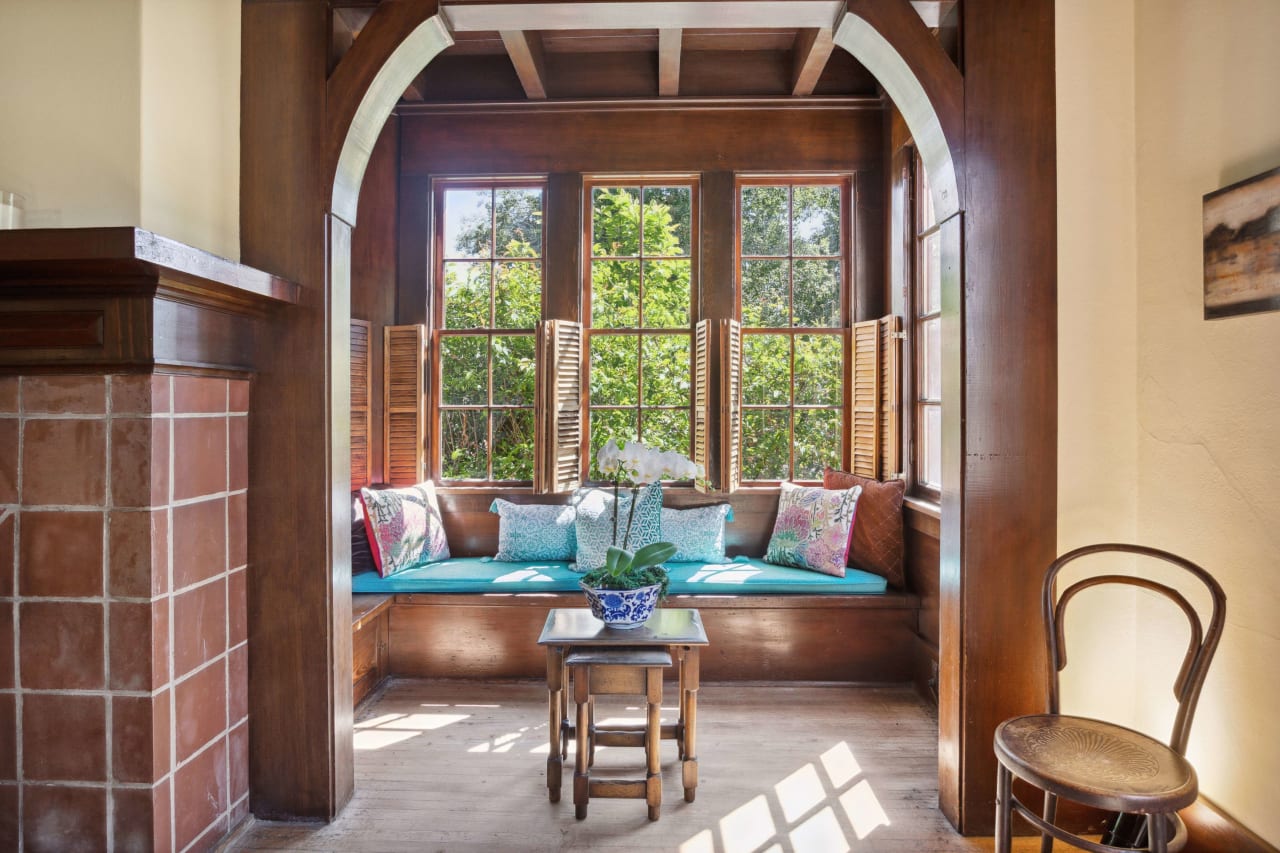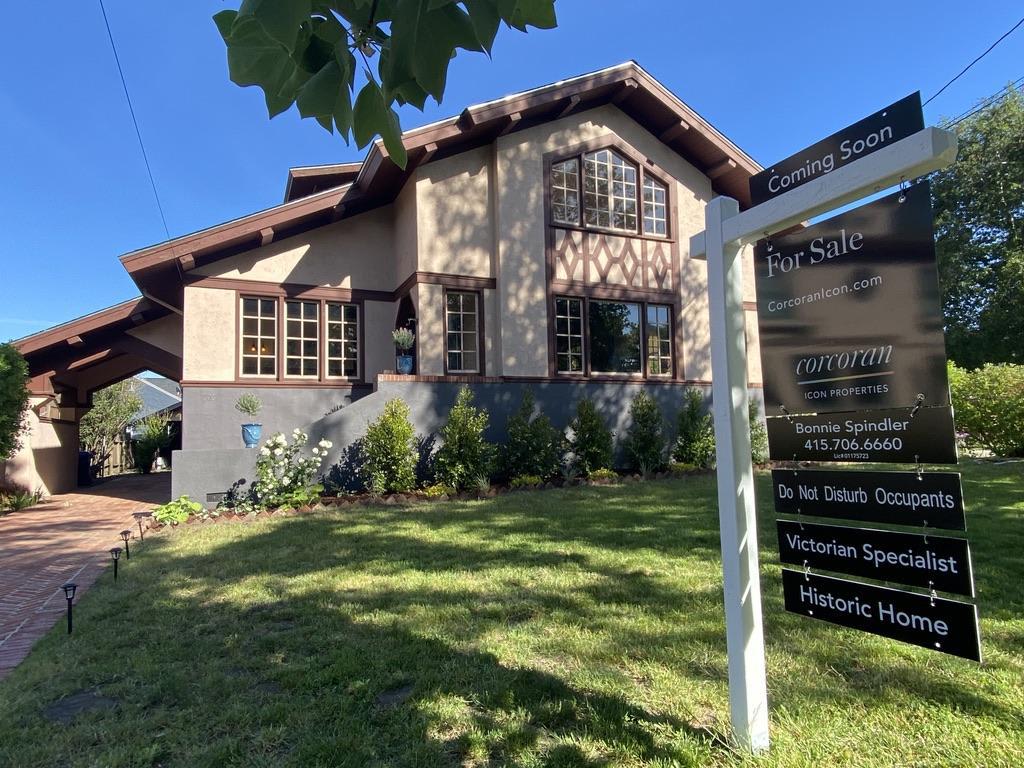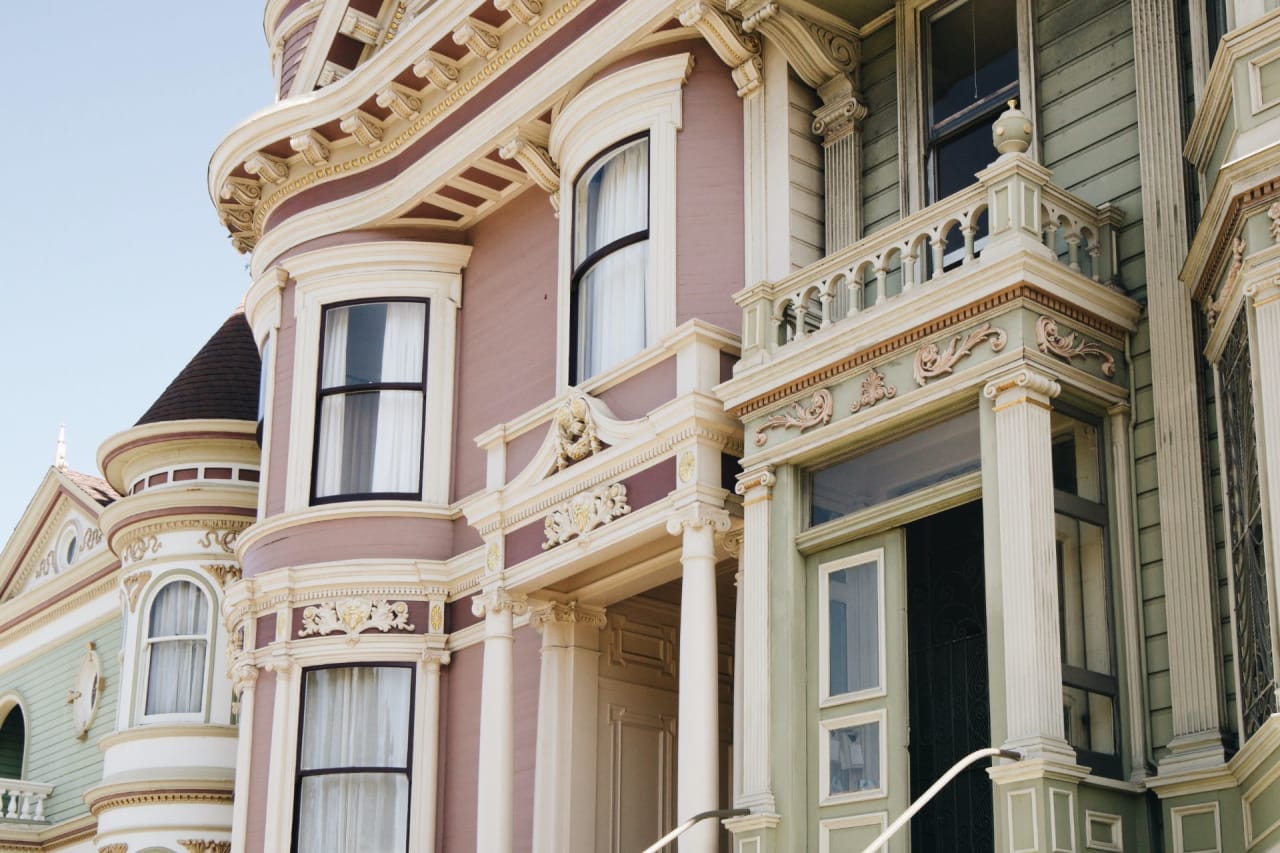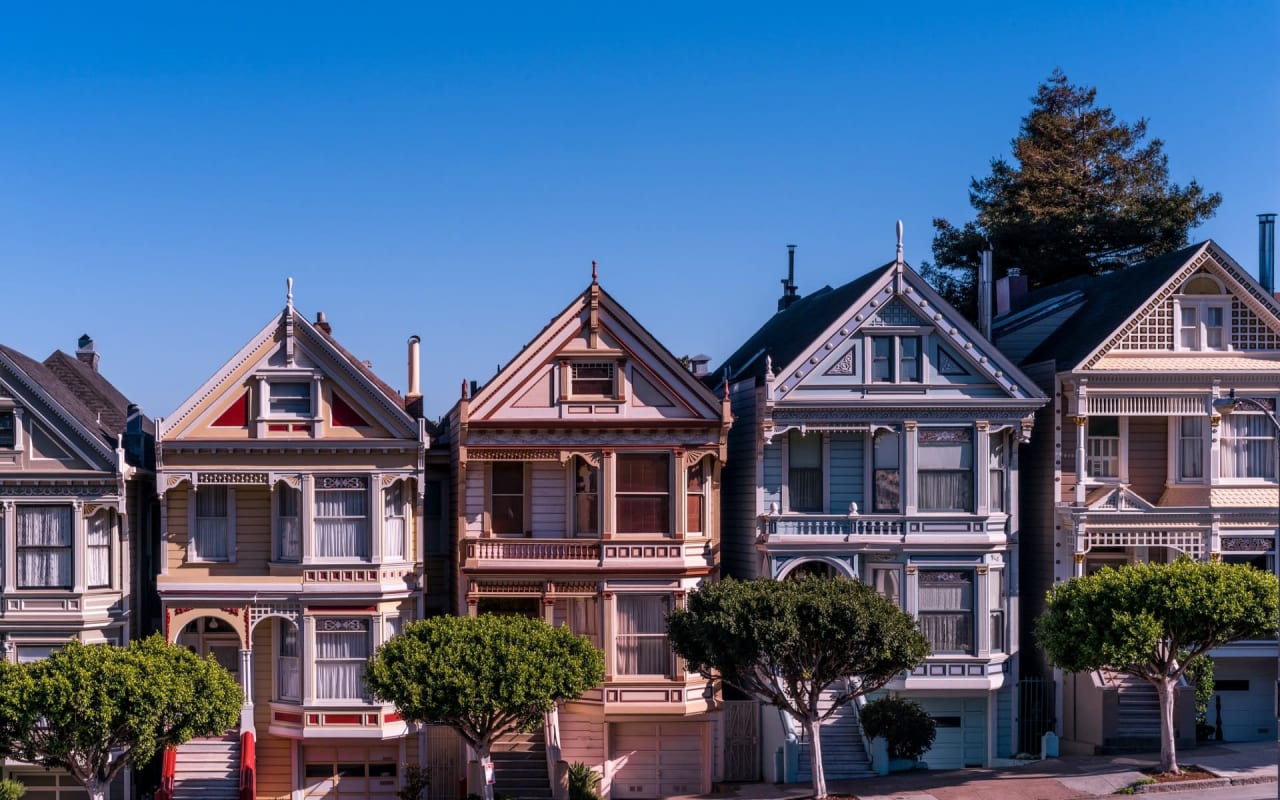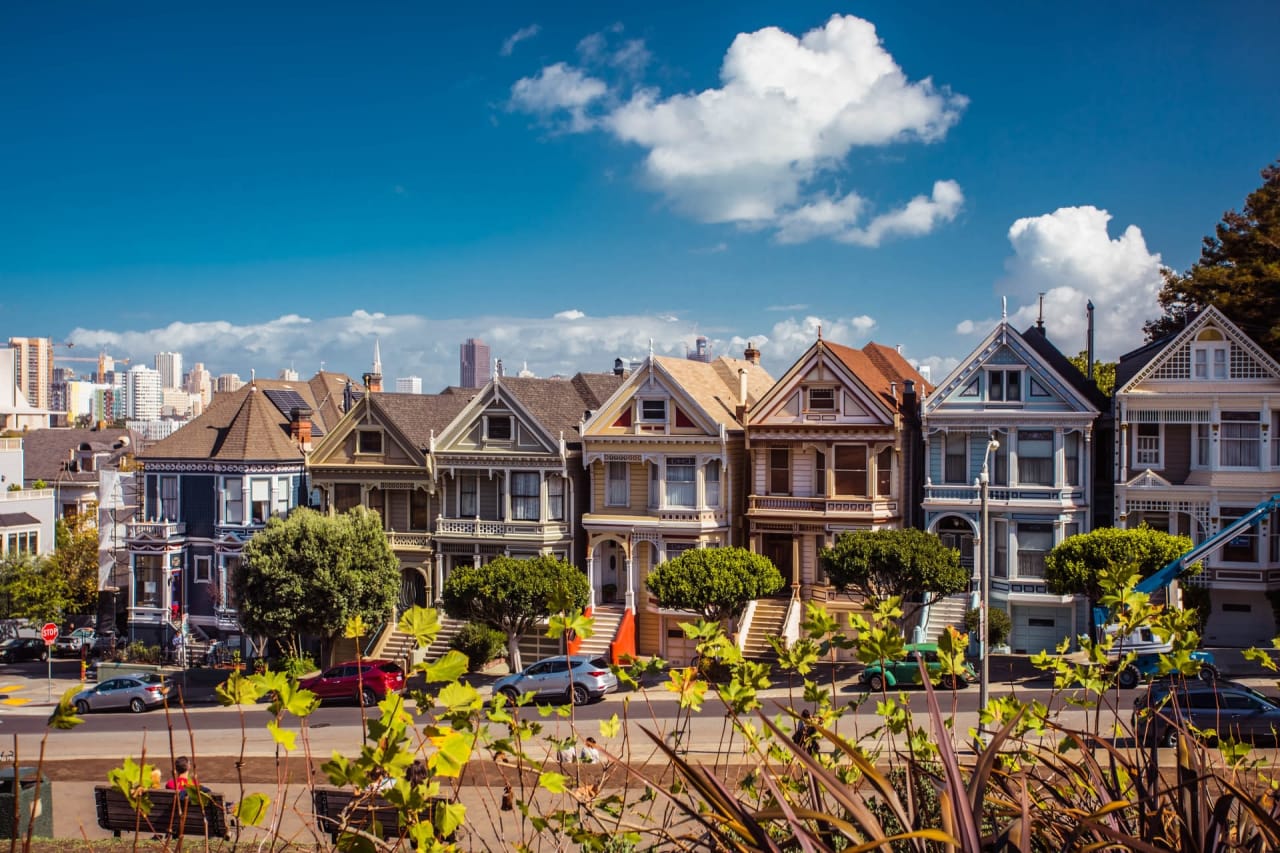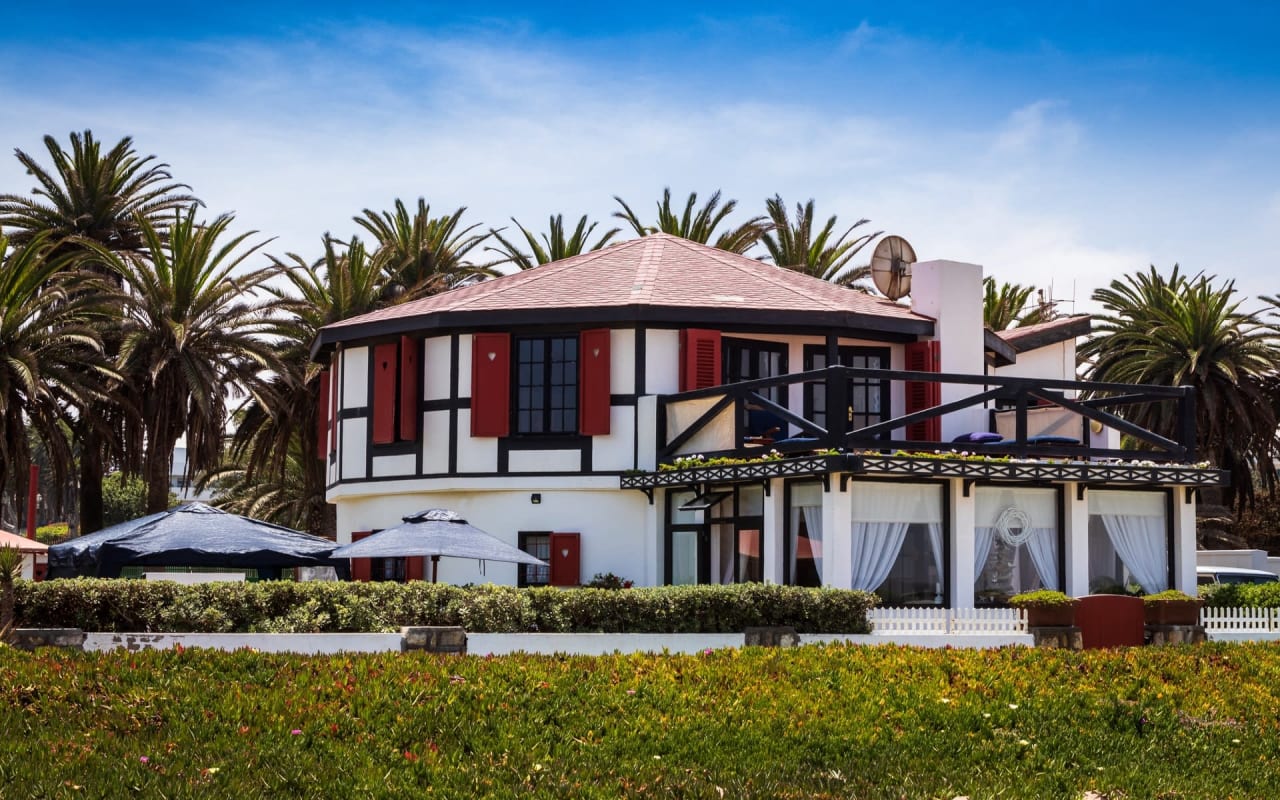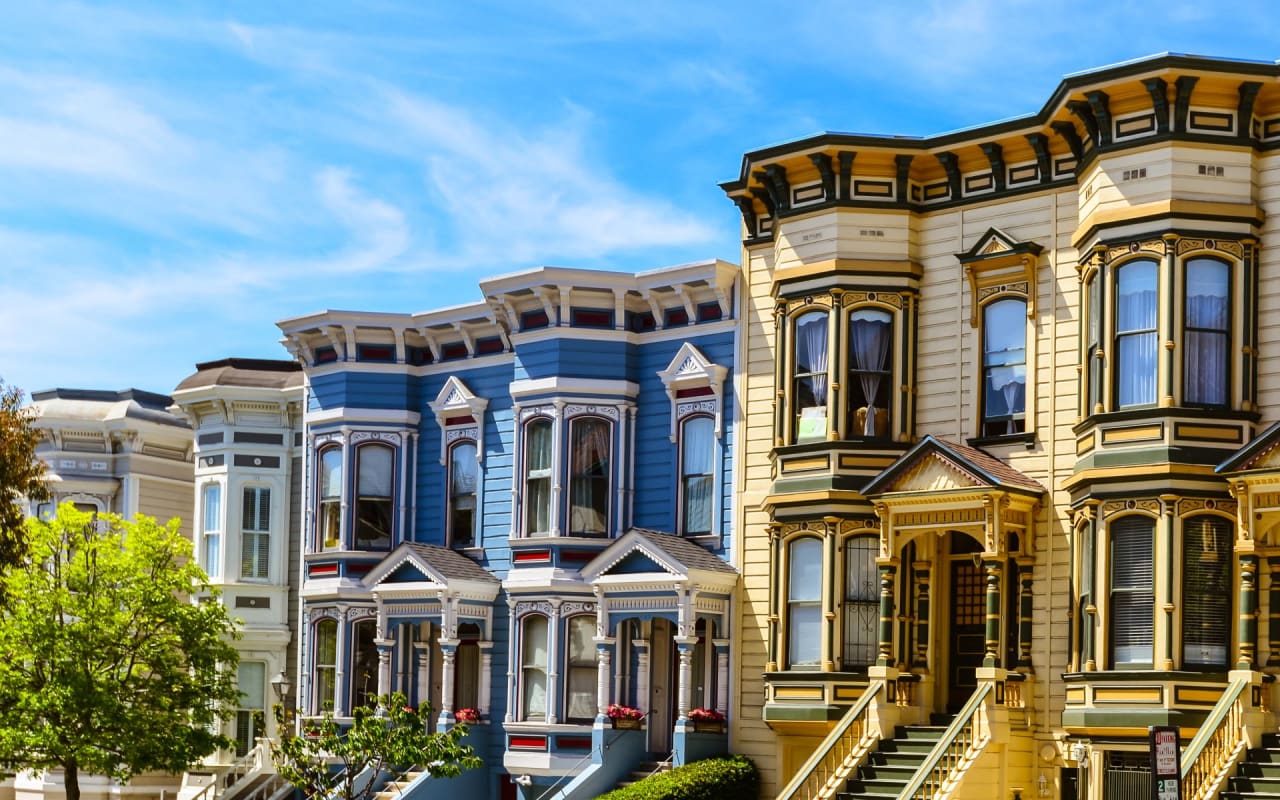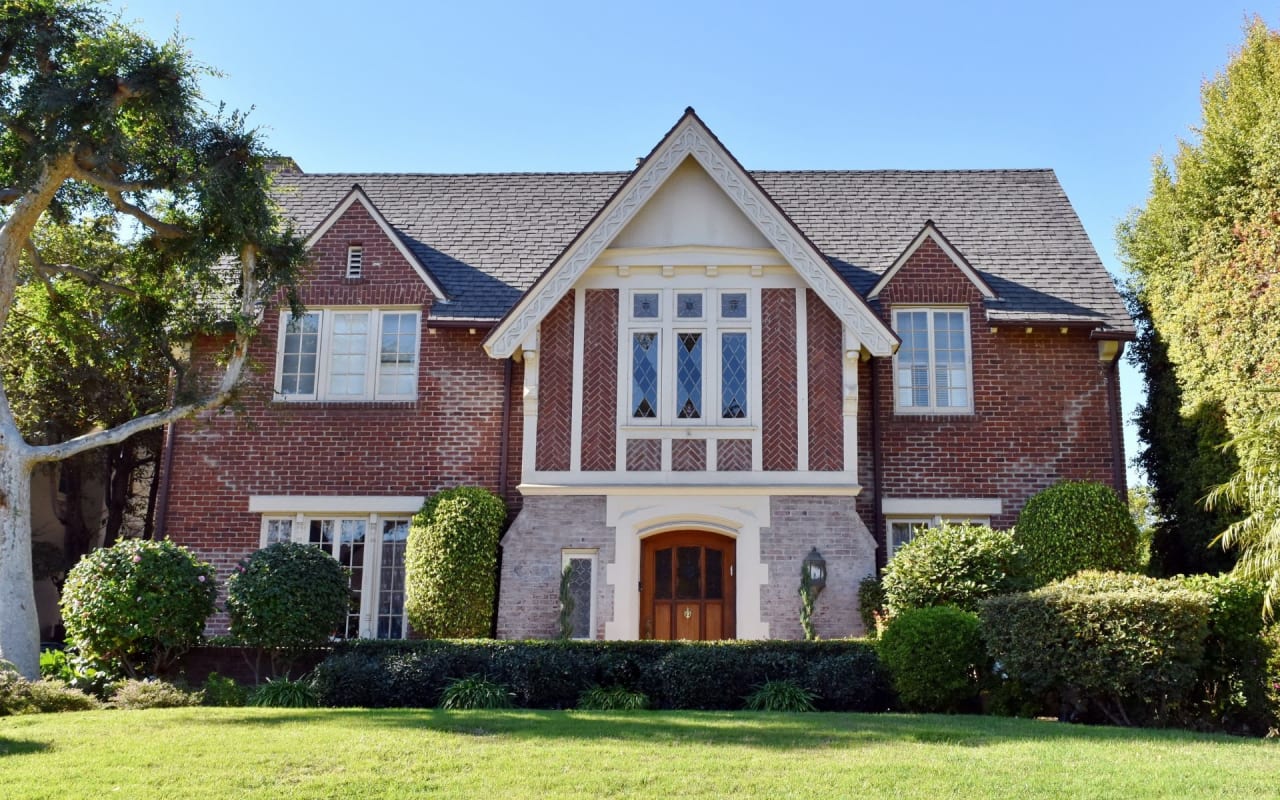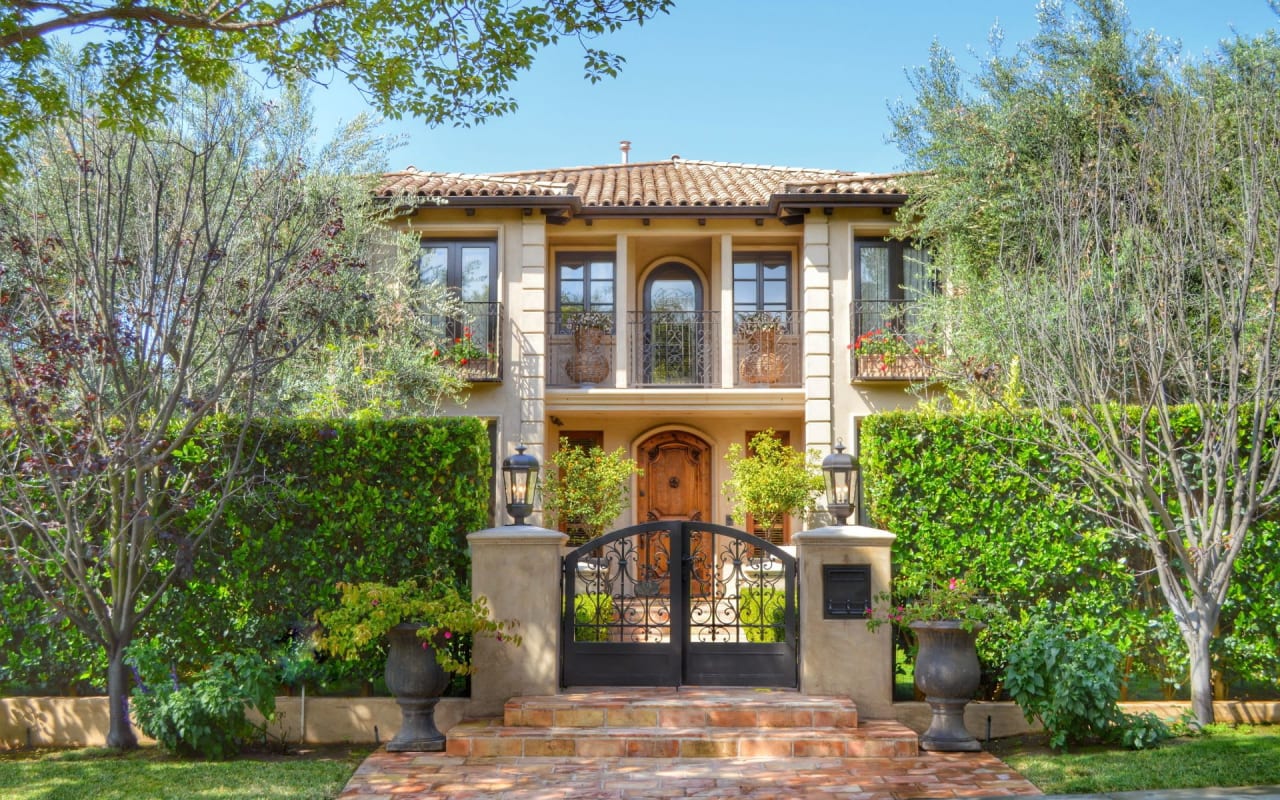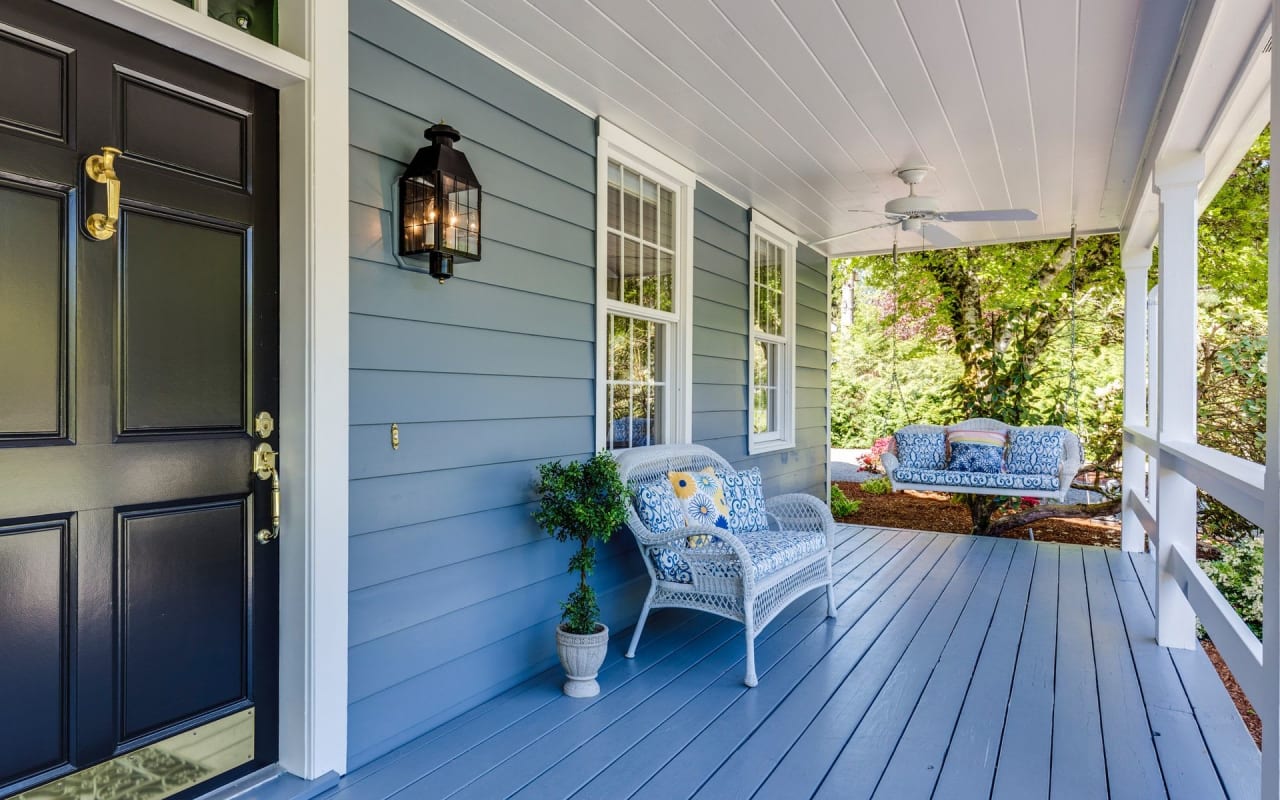Searching for the right home to buy is an exciting process that takes time and thought. When making a large investment in finding the perfect place to call home, you want to explore all your options before making your selection.
Deciding between a new home or a historic property is a big decision that isn’t made lightly.
Purchasing a historic home can be a wonderful experience and a sense of pride knowing that you have taken on the responsibility of preserving a piece of history.
Historic homes will usually come with a lot of work and maintenance needs that a newer house doesn’t. Restoring a historic property can be rewarding, but there are several factors to keep in mind when taking on such a project. Those that are ready to purchase a historic home have the added benefit of knowing it will retain its home value and surpass appreciation rates of nearby homes that aren’t historic.
What exactly is a historic home?
Although a home may be old, it doesn’t make it a historic home unless it falls under a few categories and is listed on the National Register of Historic Places (NRHP).
A historic home or property is one that is 50 years old or older. It can also be a church or commercial building, or another type of real estate. Along with being at least 50 years old, the property must be the site of a historical event, have distinctive architecture that needs to be preserved, or a person relevant to history must have lived. If a home falls under these categories but is not listed on the National Register of Historic Places, you can submit to get it designated at the local or federal level.
A historic home or property is one that is 50 years old or older. It can also be a church or commercial building, or another type of real estate. Along with being at least 50 years old, the property must be the site of a historical event, have distinctive architecture that needs to be preserved, or a person relevant to history must have lived. If a home falls under these categories but is not listed on the National Register of Historic Places, you can submit to get it designated at the local or federal level.
Should I buy in a historic district?
When you are thinking about purchasing a historic property, there are two options, a historic home in any neighborhood or a historic home in a historic district.
A historic district is a region in a city where the majority of buildings, including homes, are deemed historic for the reasons mentioned above. But it doesn’t mean every property in a historic district is historic. You could buy a house in a historic district that doesn’t meet the qualifications, yet to some degree, it is protected by the same regulations and benefits as a historic property.
Focus on finding the historic property that is your dream home in a neighborhood you love, whether it is in a historic district or not. Both a historic property on its own or in a historic district will retain its value even when markets take a dip.
A historic district is a region in a city where the majority of buildings, including homes, are deemed historic for the reasons mentioned above. But it doesn’t mean every property in a historic district is historic. You could buy a house in a historic district that doesn’t meet the qualifications, yet to some degree, it is protected by the same regulations and benefits as a historic property.
Focus on finding the historic property that is your dream home in a neighborhood you love, whether it is in a historic district or not. Both a historic property on its own or in a historic district will retain its value even when markets take a dip.
Benefits of owning a historic home
Besides living in a beautiful house that comes with a fascinating history, there are several benefits to buying a historic home. Whether you plan to live in it for several years or are considering selling, you can enjoy the fact that historic homes appreciate at a higher rate than newer homes. They not only retain their value but continue to appreciate even in difficult times when other homes are dropping in value. Part of this is because there are only so many historic homes in the United States, creating a healthy demand regardless of what is happening in the market.
Many don’t realize it, but there are tax advantages or tax credits you may receive for putting the time and money into restoring historic property. Of course, consult an accountant or CPA to make sure you are aware of all the tax deductions you can take in your specific situation.
And lastly, you have the enjoyment of owning a historic home and being part of a community that treasures the preservation of such properties, such as with the National Trust for Historic Preservation.
Many don’t realize it, but there are tax advantages or tax credits you may receive for putting the time and money into restoring historic property. Of course, consult an accountant or CPA to make sure you are aware of all the tax deductions you can take in your specific situation.
And lastly, you have the enjoyment of owning a historic home and being part of a community that treasures the preservation of such properties, such as with the National Trust for Historic Preservation.
Obtaining financing and insurance
 Photo courtesy of Pexels
Photo courtesy of PexelsBefore you find the historic property of your choice and put in an offer, consider getting pre-approved for a mortgage first. With historic properties, there are more challenges in getting approved for a mortgage, so you might need to contact a handful of lenders. If there is extensive work that needs to be done on the home, a lender may be hesitant to give you a loan regardless of whether the home is historic or not. Planning ahead and discussing with a lender that has experience providing loans on historic properties will make the process a little easier.
With the assistance of your realtor, contact the local agencies that regulate historic properties to inquire if there are any grants or loans to assist in the cost of renovating the home and can offset your own expenses.
A home that requires extensive work to get to safe living conditions may be harder to get insured with your typical insurance companies. Luckily there are insurance companies that focus on insuring historic properties, so start with these companies first to avoid wasting time.
With the assistance of your realtor, contact the local agencies that regulate historic properties to inquire if there are any grants or loans to assist in the cost of renovating the home and can offset your own expenses.
A home that requires extensive work to get to safe living conditions may be harder to get insured with your typical insurance companies. Luckily there are insurance companies that focus on insuring historic properties, so start with these companies first to avoid wasting time.
Find an experienced appraiser
An appraisal of the home will be required to get approved for financing or, in the event you choose to refinance later down the road. Unless an appraiser has experience appraising historic properties, don’t use them. They won’t be able to appraise the property correctly for its true value. An appraiser that has appraised historic homes and within historic districts is the person you want to use.
Strict rules on renovations
Once you have purchased a historic home and are ready to begin the restoration and renovations, you need to be aware that there are guidelines on what can and can’t be done. Each city or district may have varying rules, so it is important to find out what limitations there are to remodeling or taking down a wall, for example. Any work that is done on the property must be done by getting the correct permits and using an experienced, licensed contractor to complete the work.
The last thing you want to do is do it yourself without the right permits and lose the status of a historic home. And realize that with ownership of a historic property comes more frequent maintenance work with higher costs than a newer home.
If you are ready to take on the exciting challenge of owning a historic home, work with a realtor such as Bonnie Spindler, who has expertise with Victorian homes for sale in San Francisco. Or, if you are in search of newer luxury San Francisco homes or condos, Bonnie can assist you from start to finish in finding your dream home.
The last thing you want to do is do it yourself without the right permits and lose the status of a historic home. And realize that with ownership of a historic property comes more frequent maintenance work with higher costs than a newer home.
If you are ready to take on the exciting challenge of owning a historic home, work with a realtor such as Bonnie Spindler, who has expertise with Victorian homes for sale in San Francisco. Or, if you are in search of newer luxury San Francisco homes or condos, Bonnie can assist you from start to finish in finding your dream home.
*Header photo courtesy of Shutterstock







